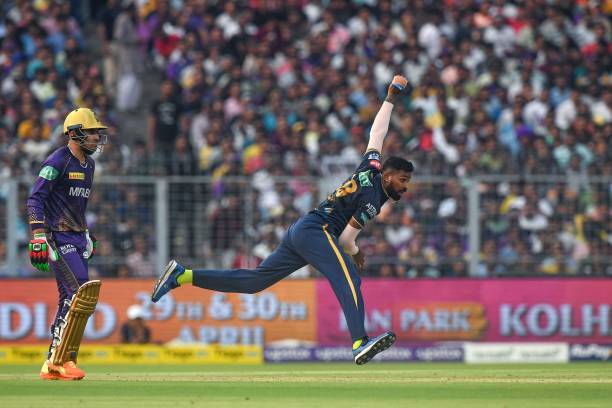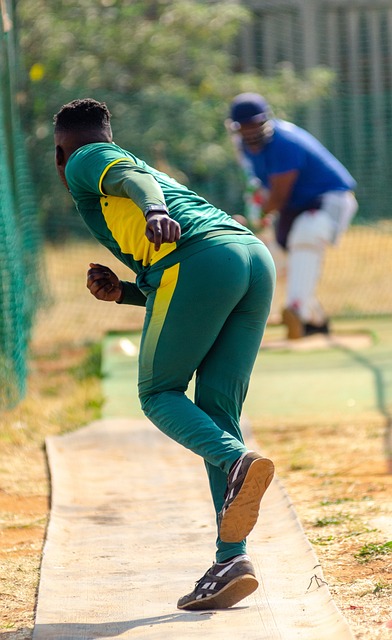Exploring the Influence of Cultural Sensitivity in Cricket Team Management and Controversies
Lotus365: Effective management of a cricket team requires understanding and respecting the diverse cultural backgrounds of its players. Cultural sensitivity plays a pivotal role in fostering harmonious relationships within the team and enhancing overall performance on the field. By acknowledging and valuing the cultural differences present among team members, a manager can create an inclusive environment where every player feels respected and valued.
Failure to prioritize cultural sensitivity in cricket team management can lead to misunderstandings, conflicts, and a lack of cohesion within the team. Differences in communication styles, customs, and beliefs can hinder effective teamwork and negatively impact the team’s success in matches. It is essential for team managers to proactively address cultural differences, promote mutual respect, and create a supportive atmosphere where players from various backgrounds can thrive and contribute their best to the team’s performance.
Understanding Cultural Diversity in Cricket Teams
Cricket, being a global sport, attracts players from all corners of the world. This diversity in cultural backgrounds brings a rich tapestry of beliefs, values, and traditions to cricket teams. Each player brings their unique perspectives and ways of approaching the game, contributing to the team’s dynamics and performance on the field.
However, managing cultural diversity in cricket teams comes with its set of challenges. Misunderstandings can arise due to different communication styles, interpretations of gestures, and varying expectations of teamwork. It is essential for team management to foster an inclusive environment where players feel respected and valued for their individual backgrounds, ensuring unity and harmony within the team.
Challenges Faced in Managing Cultural Differences in Cricket Teams
Managing cultural differences in cricket teams presents numerous challenges for team management. Differences in communication styles, such as directness or indirectness, can lead to misunderstandings among team members from diverse cultural backgrounds. Additionally, varying perceptions of hierarchy and authority within the team can impact decision-making processes and team dynamics.
Moreover, cultural differences can also manifest in different approaches to handling conflict and feedback. Some players may prefer open and direct confrontation to address issues, while others may value harmony and avoid conflict at all costs. Navigating these contrasting preferences and finding a middle ground that respects each player’s cultural background is essential for promoting a cohesive and successful team environment.







